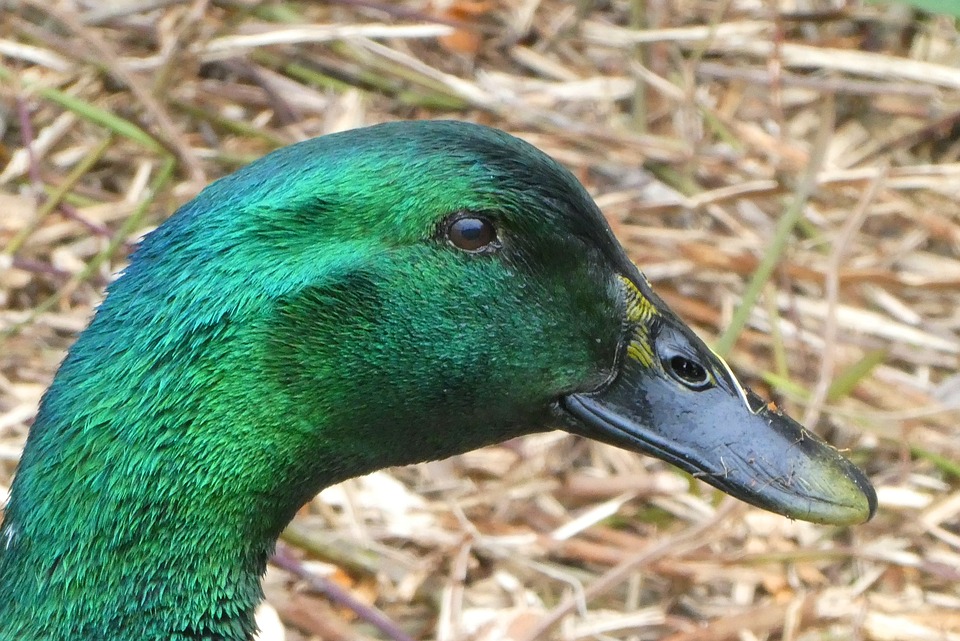In today’s world, sustainable agriculture and technology seem to be contradictory concepts. Many people believe that the use of technology in farming takes away from the natural aspect of sustainable practices. However, as someone who has found harmony in living off the grid and embracing sustainable farming, I can attest to the fact that technology and sustainability can indeed coexist. In fact, I believe that the intersection of technology and sustainable agriculture is vital for the future of farming. Through innovative advancements, we can enhance our ability to cultivate the land while still respecting the environment. Join me as we explore the exciting developments that are shaping the future of sustainable farming with technology.
One of the most intriguing technological advancements in sustainable agriculture is the use of precision agriculture, also known as precision farming. This practice involves the use of GPS, satellite imagery, and other advanced technologies to optimize the efficiency of farming operations. By employing precision agriculture techniques, farmers can reduce waste, minimize the use of resources, and maximize their yield. For instance, precise mapping of fields enables farmers to use resources such as water and fertilizers in a targeted manner, leading to significant reductions in input costs. This not only benefits the environment but also improves the financial sustainability of farming operations.
Another exciting innovation that is transforming sustainable agriculture is vertical farming. This method involves growing crops in vertically stacked layers, often in a controlled environment such as a greenhouse or indoor facility. Vertical farming utilizes technologies such as hydroponics and aeroponics to minimize water usage, optimize space, and maximize productivity. As someone who values sustainable living, I find the concept of vertical farming to be both fascinating and promising. This innovative approach to farming has the potential to provide fresh, locally grown produce to urban communities while reducing the environmental impact of traditional agriculture.
Additionally, the use of drones in sustainable farming has become increasingly prevalent. Drones equipped with cameras and sensors can provide farmers with valuable insights into their crops and land. These unmanned aerial vehicles can monitor plant health, detect pest infestations, and assess soil conditions, allowing farmers to make informed decisions about their farming practices. By leveraging drone technology, farmers can minimize the use of pesticides and fertilizers, resulting in healthier ecosystems and better-quality produce.
While technology plays a significant role in advancing sustainable agriculture, it is important to remember that traditional farming practices also hold immense value. Many experienced farmers, including those who have lived off the grid, have a wealth of knowledge about sustainable farming techniques that have been passed down through generations. Integrating this traditional knowledge with modern innovations can lead to a holistic approach to sustainable agriculture that benefits both the environment and the community.
As we look towards the future of farming, it is crucial to embrace the intersection of technology and sustainable agriculture. This convergence presents an opportunity to address the challenges of feeding a growing global population while safeguarding the planet. By harnessing the power of innovative technologies, we can cultivate the land in a manner that respects the earth’s natural ecosystems and promotes sustainable living for generations to come. It is my hope that the future of farming will be defined by a harmonious blend of technology and sustainable practices, leading to a more resilient and thriving agricultural landscape.
Pro Tips:
1. Embrace traditional farming wisdom: While technology is valuable, don’t overlook the tried-and-true sustainable farming practices that have been passed down through generations.
2. Prioritize regenerative farming: Consider incorporating regenerative agriculture practices into your farming operations to promote soil health, biodiversity, and carbon sequestration.
3. Stay informed about technological advancements: Keep abreast of the latest developments in sustainable agriculture technology to ensure that you are leveraging the most effective tools for your farming endeavors.
4. Explore community-supported agriculture: Engage with your local community through CSA programs to support sustainable farming practices and provide access to fresh, locally grown produce.



